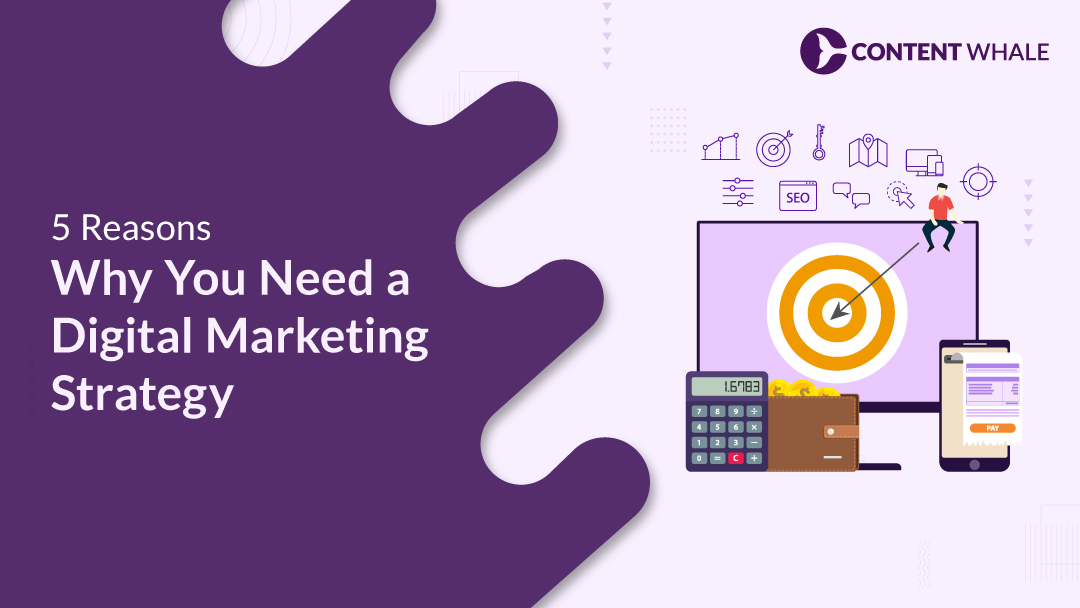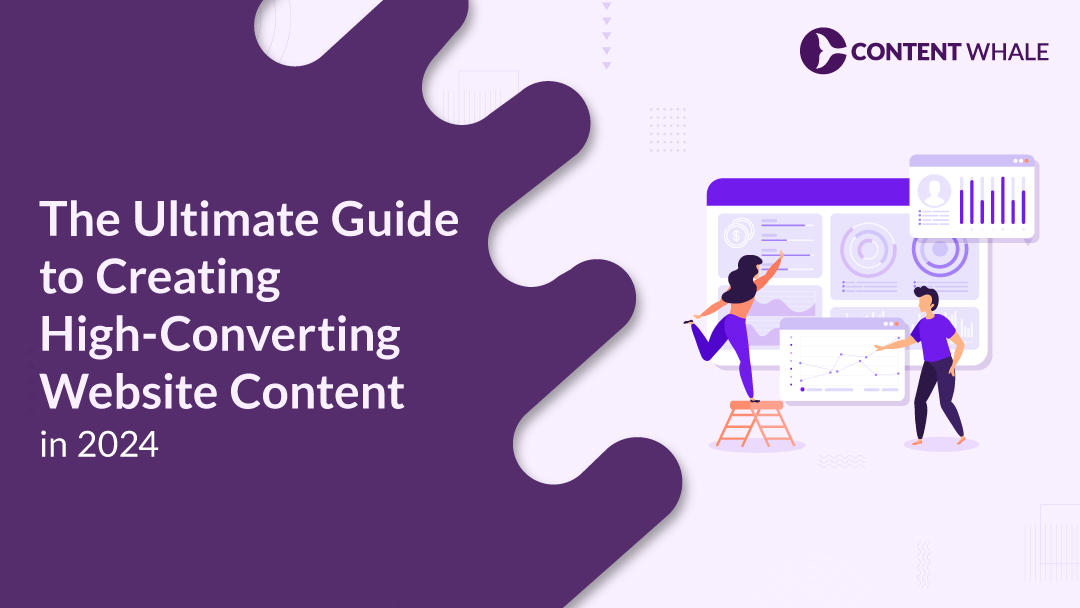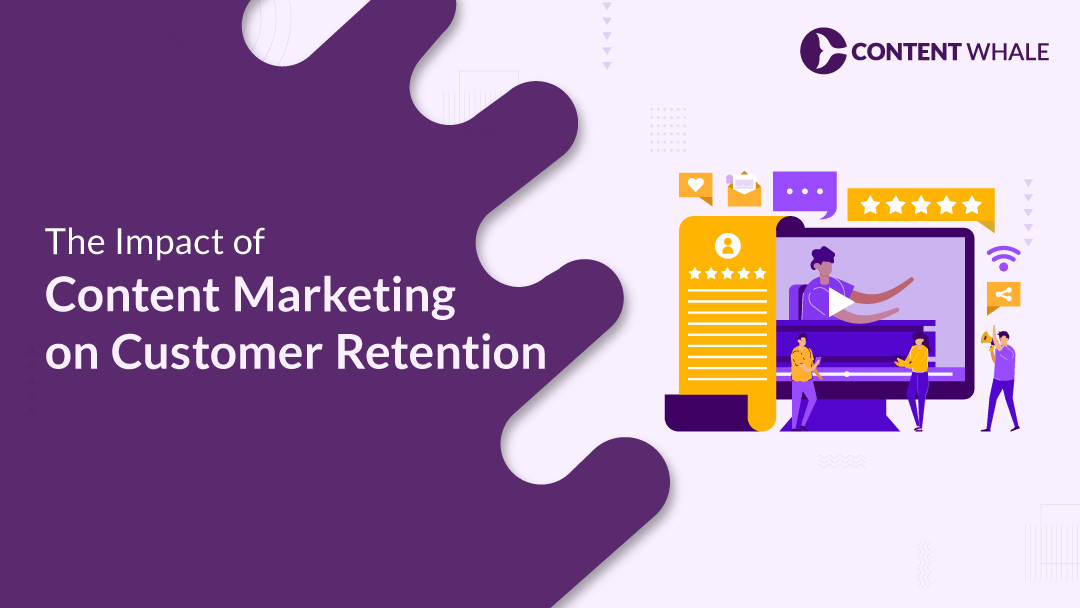Quick Summary
A digital marketing strategy is essential for achieving online success. It provides a clear path to reach your business goals, optimize resources, target the right audience, track performance, and stay ahead of competitors. Learn how effective digital planning can enhance your online marketing efforts and boost your business strategy.
Understanding the importance of a digital marketing strategy is key for any business aiming for online success. Digital marketing encompasses a wide range of tactics that work together to promote your business online. This involves everything from social media marketing and SEO to email campaigns and content creation.
A well-crafted digital marketing plan is designed to achieve specific goals, such as increasing brand awareness, generating leads, and driving sales. By setting clear objectives, you can ensure that your online marketing efforts are focused and effective.
This guide will walk you through the top five reasons why a solid digital marketing strategy is indispensable for your business. From providing clear direction to improving resource management and audience targeting, you’ll see how strategic marketing can transform your business strategy. Get ready to explore essential marketing tips and digital tactics that will enhance your marketing effectiveness and integrate seamlessly into your overall marketing framework.
Why You Need a Digital Marketing Strategy
1. Clear Direction and Goals
- Establishing a Roadmap: A digital marketing strategy serves as a GPS for your business, guiding your team toward achieving specific marketing goals.
- Setting SMART Goals: Establishing Specific, Measurable, Achievable, Relevant, and Time-bound (SMART) goals ensures that your efforts are focused and effective. For example, aiming to increase website traffic by 20% in six months or boosting social media engagement by 15% in three months.
- Defining Key Performance Indicators (KPIs): A clear strategy helps identify the KPIs that matter most to your business. This enables you to track progress, assess the effectiveness of your digital tactics, and make necessary adjustments for continuous improvement.
- Alignment with Business Goals: Ensures that every action taken contributes to your broader business strategy. This alignment brings various marketing activities into an integrated marketing framework, enhancing overall marketing effectiveness.
- Consistent Evaluation and Adjustment: By continuously monitoring and tweaking your digital marketing plan, you can adapt to changing market conditions and ensure your online marketing efforts are always aligned with your goals, leading to online success.
By following these marketing tips and incorporating thorough digital planning, you can create a roadmap that sets clear goals and outlines the steps needed to achieve them. This clarity and direction are what make a digital marketing strategy indispensable for any business looking to succeed in the digital age.
2. Improved Resource Management

Effective resource management is a cornerstone of any successful digital marketing strategy. Here’s how strategic digital planning can enhance your efforts:
- Efficient Allocation of Resources: A clear strategy allows for better distribution of budget, time, and manpower, maximizing the impact of your online marketing efforts and reducing waste. By focusing on high-performing channels, you can optimize your investments and avoid overspending on less effective tactics.
- Budget Optimization: Strategic planning helps in precise budget management, forecasting expenses, and allocating funds to the most impactful campaigns. This ensures a better return on investment (ROI) and prevents financial mismanagement.
- Time Management: With a well-defined strategy, tasks can be scheduled and prioritized efficiently. This prevents last-minute rushes and reduces the likelihood of mistakes, ensuring timely execution of campaigns.
- Integrated Marketing Efforts: A comprehensive strategy ensures all marketing activities align, creating a cohesive brand message and improving overall marketing effectiveness. This integrated marketing approach avoids duplication and enhances collaboration.
Strategic resource management through a digital marketing plan is key to achieving online success and driving your business forward.
3. Enhanced Audience Targeting
Understanding and reaching your target audience is fundamental to the success of any digital marketing strategy. Here’s how a strategic approach can enhance audience targeting:
- Identifying Target Audiences: A comprehensive digital marketing plan helps you identify and segment your target audiences more effectively. By analyzing demographics, interests, and behaviors, you can create detailed buyer personas that guide your marketing efforts.
- Personalized Campaigns: Knowing your audience allows you to craft personalized and relevant online marketing campaigns. Personalized content resonates more with your audience, increasing engagement and conversion rates. For example, email campaigns tailored to specific customer segments can significantly improve response rates.
- Utilizing Data and Analytics: Data-driven insights are crucial for understanding your audience’s preferences and behaviors. Tools like Google Analytics and social media insights help track user interactions and measure the effectiveness of your campaigns. This enables continuous refinement of your digital tactics.
- Integrated Marketing Approach: An integrated marketing strategy ensures consistency across all channels, reinforcing your message and improving overall marketing effectiveness. This alignment helps in delivering a cohesive brand experience that builds trust and loyalty.
Effective audience targeting through strategic digital planning leads to better engagement, higher conversion rates, and ultimately, online success.
4. Better Performance Tracking and Analytics

Tracking performance and analyzing results are essential components of an effective digital marketing strategy. Here’s why this matters:
- Setting Benchmarks and KPIs: Establishing key performance indicators (KPIs) and benchmarks is crucial for measuring the success of your online marketing efforts. This allows you to track progress and make data-driven decisions.
- Using Analytics Tools: Tools like Google Analytics, social media insights, and CRM systems provide valuable data on user behavior, campaign performance, and ROI. These insights help refine your digital tactics and improve marketing effectiveness.
- Real-Time Monitoring: Unlike traditional marketing, digital marketing allows for real-time monitoring. You can see immediate results and adjust your strategies accordingly, ensuring optimal performance and resource allocation.
- Continuous Improvement: Regular analysis of performance data enables continuous improvement of your digital marketing plan. By identifying what works and what doesn’t, you can optimize your campaigns for better results.
- Integrated Marketing Approach: Combining data from various channels into an integrated marketing framework provides a comprehensive view of your marketing efforts. This holistic perspective enhances decision-making and strategic planning.
Effective performance tracking and analytics lead to more informed decisions, higher efficiency, and ultimately, online success.
5. Competitive Advantage
Staying ahead of competitors is a key benefit of a robust digital marketing strategy. Here’s how strategic planning can give your business the edge:
- Market Analysis: A well-structured strategy involves continuous market analysis. Understanding your competitors’ strengths and weaknesses helps you identify opportunities and threats. This insight allows you to develop unique digital tactics that set your business apart.
- Capitalizing on Opportunities: By regularly reviewing market trends and consumer behavior, you can swiftly adapt to new opportunities. This proactive approach ensures your online marketing efforts are always relevant and effective.
- Innovative Campaigns: A strategic approach encourages innovation. Experimenting with new tools, platforms, and techniques can help you stay ahead in the digital space. Creative and unique campaigns attract attention and engage your audience, fostering online success.
- Building Brand Loyalty: Consistent and strategic digital planning enhances customer experience and builds brand loyalty. An integrated marketing approach ensures your brand message is consistent across all channels, strengthening your market position.
- Tracking Competitor Moves: Keeping an eye on competitor activities helps you stay one step ahead. By adapting your strategy based on competitor performance, you can continuously improve your digital marketing plan.
A strategic and innovative business strategy ensures you not only keep up with competitors but also lead the market, achieving sustained online success.
Conclusion

Recapping the essential reasons for having a digital marketing strategy, it’s clear that this strategic approach offers numerous benefits. It provides clear direction and goals, optimizes resource management, enhances audience targeting, improves performance tracking and analytics, and gives you a competitive advantage. Implementing these digital tactics ensures your online marketing efforts are effective and aligned with your business strategy. Developing a comprehensive digital marketing plan is vital for achieving online success and sustaining long-term growth. Start your digital planning today and unlock the full potential of your integrated marketing efforts.
FAQs
1. What is a digital marketing strategy and why is it important?
A digital marketing strategy is a comprehensive plan that outlines how your business will use digital channels to achieve its marketing goals. It’s important because it provides direction, optimizes resource use, enhances audience targeting, and improves overall marketing effectiveness.
2. How can a digital marketing strategy improve resource management?
By clearly defining goals and allocating budgets, a digital marketing strategy ensures efficient use of time, money, and manpower. This prevents resource wastage and maximizes the impact of your online marketing efforts.
3. What tools can help track and analyze digital marketing performance?
Tools like Google Analytics, HubSpot, and SEMrush are essential for tracking performance. They provide insights into user behavior, campaign effectiveness, and ROI, allowing for continuous improvement of your digital tactics.
4. How does a digital marketing strategy provide a competitive advantage?
A strategic approach allows you to stay ahead of competitors by continuously analyzing market trends and adapting your digital tactics. It helps in identifying opportunities and innovating your business strategy.
5. What are the first steps in creating a digital marketing strategy?
Start by setting clear objectives, identifying your target audience, and conducting market research. Then, develop a digital marketing plan that outlines your tactics, budget, and KPIs, and integrate these into your overall marketing framework.





